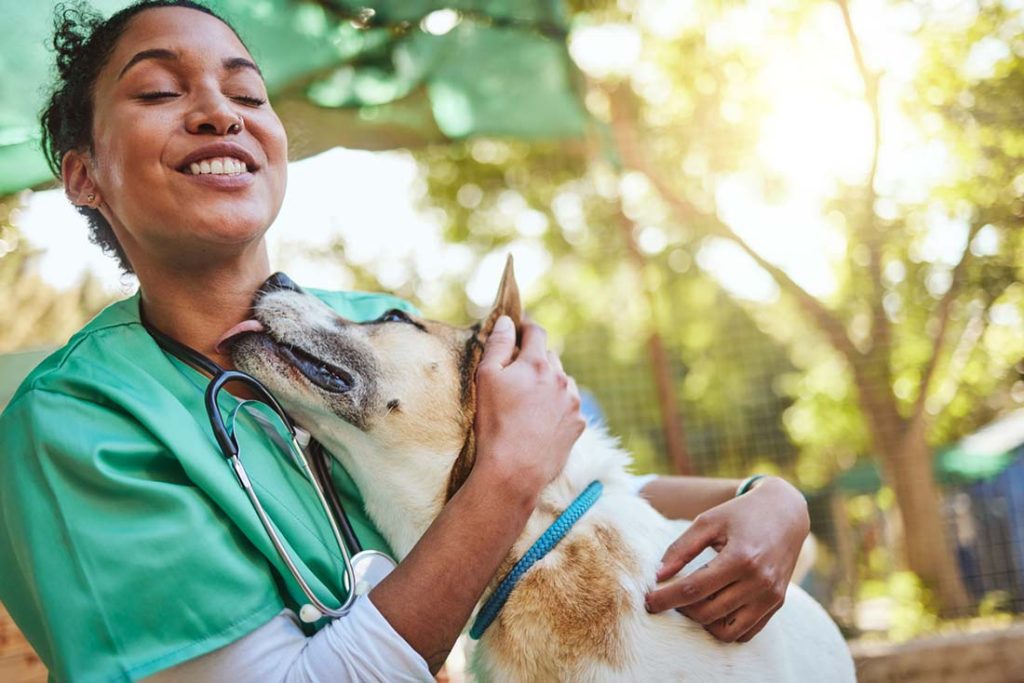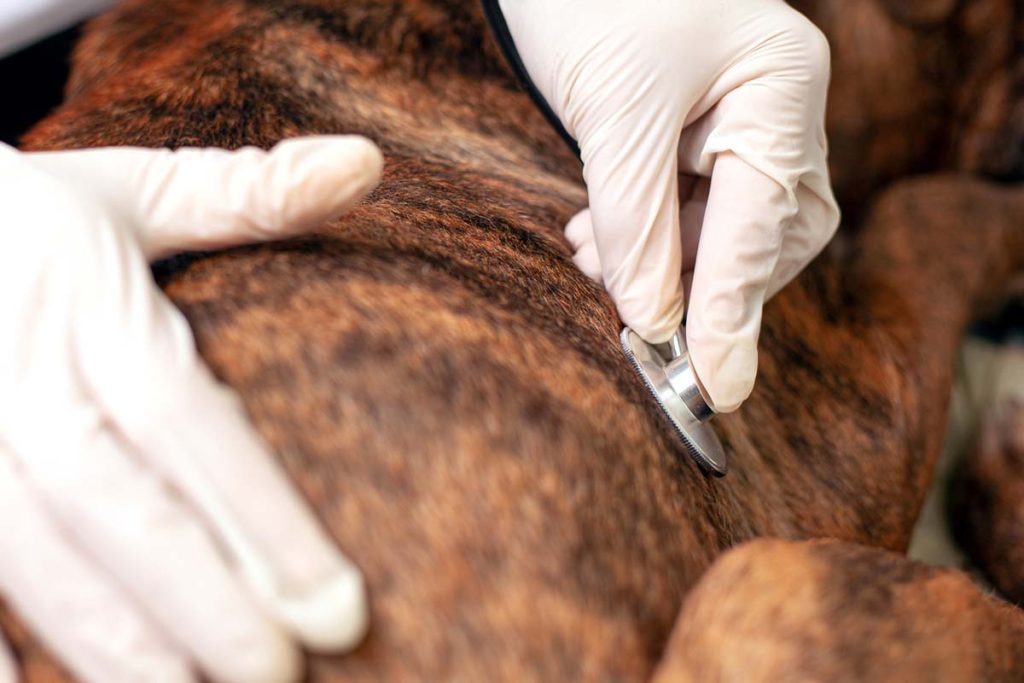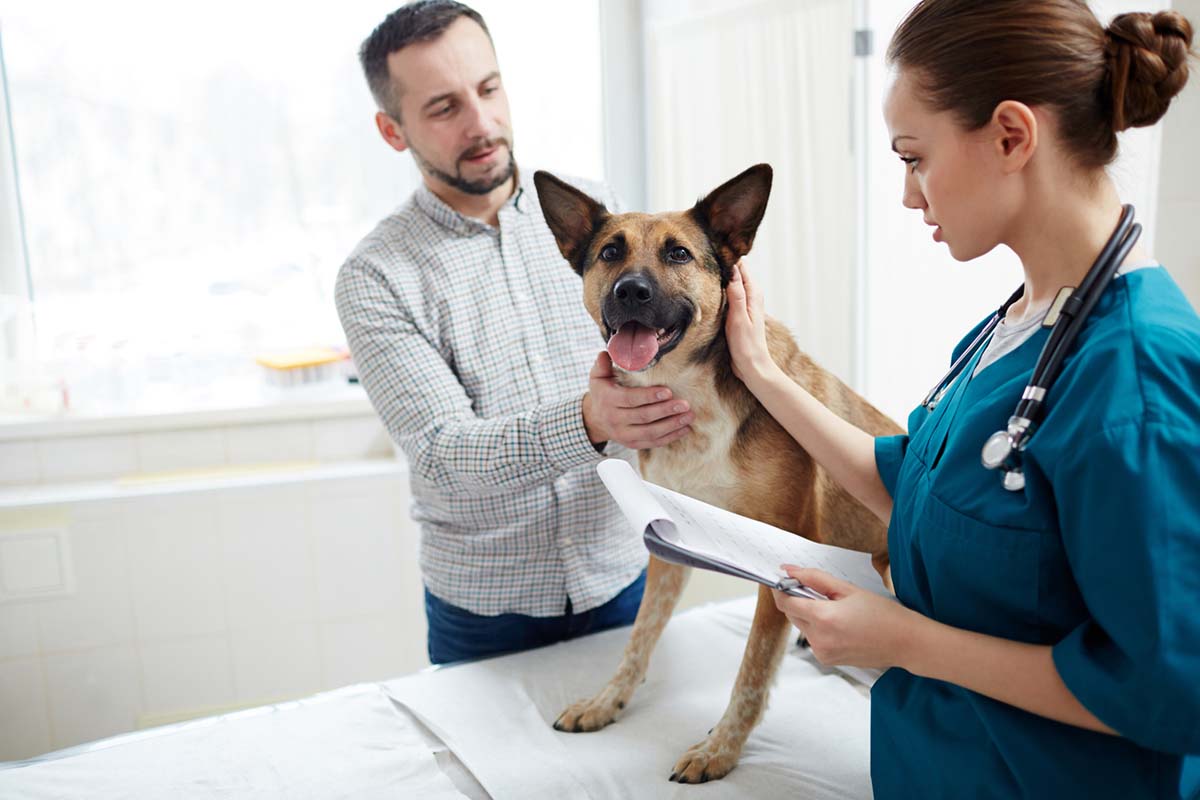It’s no secret pet ownership can be costly. In 2023, Americans spent over $38 billion on care and products from veterinary services. Vet care for your furry friend can be a significant expense, especially when unforeseen medical issues arise.
Not everyone has enough money saved for that proverbial rainy day, let alone vet insurance. However, there are resources available to provide low-cost veterinary care for pet parents in need.
Don’t let vet bills prevent you from loving your pet as long as possible. This guide outlines some affordable options and assistance programs to help ensure your pet stays healthy and happy.
Preventative Care and Routine Services

Preventative care is the cornerstone of pet wellness. Affordable services such as low-cost vaccines, spay/neuter surgeries, and microchipping are often available through local humane societies, animal shelters, and veterinary clinics.
For example, vaccine clinics are an excellent option for getting your pet’s core vaccinations at a fraction of the cost of a private veterinary hospital. These clinics frequently partner with nonprofits like Frankie’s Friends in the U.S. and Pets Foundation in the UK to make care accessible.
Financial Assistance Programs for Vet Care
For pet owners facing financial challenges, several organizations provide financial aid to cover veterinary expenses:
- The Pet Fund: Offers grants for non-basic, life-saving medical care.
- RedRover Relief: Provides financial support for urgent veterinary care.
- The Mosby Foundation: Assists with funding for critical treatments such as cancer treatment or diagnostics.
- Magic Bullet Fund: Specializes in helping pet owners afford cancer treatments for their dogs.
- Brown Dog Foundation: Provides funding for pets in need of both basic and advanced medical care.
Crowdfunding
Pet parents can also sign up for a crowdfunding platform to raise money for help with vet bills. This is a popular fundraising method for medical treatment on sites like GoFundMe and Waggle.
Payment Plans and Credit Options
If you’re facing high upfront costs for emergency veterinary care, many vets offer payment plans or accept Care Credit, a pet health-focused credit card that allows you to pay off veterinary bills over time. Discuss these options with your veterinary clinic or pet hospital to see what’s available.
Nonprofit Organizations and Community Programs

Nonprofits play a crucial role in making veterinary care accessible to low-income families:
- Pets of the Homeless: Provides food and basic veterinary care to pets of unhoused individuals.
- Onyx & Breezy Foundation: Offers grants for preventative and critical pet care.
- Frankie’s Friends: Focuses on life-saving veterinary services for pets with life-threatening conditions.
Visit Best Friends Animal Society’s website for a complete state-by-state and national list of pet financial assistance resources.
Wellness Clinics and Animal Hospitals

Many local animal clinics and full-service veterinary hospitals provide packages at affordable prices that include preventative care, such as heartworm testing, flea prevention, and vaccinations. Some even offer neuter services and walk-in urgent care at reduced rates.
Additional Tips for Affordable Animal Care
- Pet Food Assistance: Local food banks, shelters, and organizations often provide free or discounted pet food.
- Preventative Care: Regular check-ups, a healthy nutritional foundation, and other preventative measures can help avoid costly treatments later on.
- Community Resources: Local animal shelters and humane societies often have a list of resources for low-cost care, including neuter surgeries, vaccination drives, and emergency assistance.
Owning a pet doesn’t have to be a financial burden. From nonprofit support to low-cost veterinary care options and flexible payment plans, numerous resources are available to help you manage your pet’s healthcare needs.
By tapping into these programs, you can ensure your furry companion receives the lifesaving and preventative care they deserve without breaking the bank.
